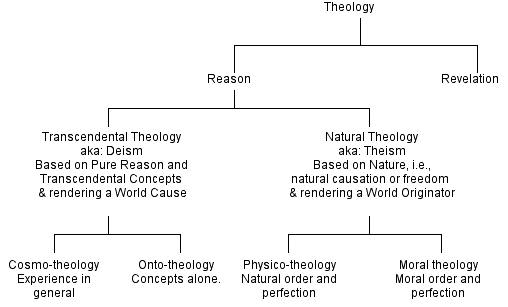

Yet at the same time, precisely because Professor Rothstein is such an influential figure in the field, his writings ought to be subjected to rigorous critical scrutiny, especially given the importance of the topic. My objective in this post is most definitely not to entertain readers with the gratuitous academic blood-sport that is unfortunately too popular in some quarters. He is a prolific writer, and by all accounts a generous and supportive mentor, coauthor, and teacher. He was the driving force behind the founding and development of the University of Gothenburg’s Quality of Government Institute, which consistently produces excellent research and researchers. We have met on several occasions, and he has always treated me graciously. So with all due respect to Professor Rothstein, I will use his post as a framing device to highlight the problems I see and to urge the new generation of anticorruption researchers to be mindful of them.īefore proceeding, an important note: Despite what I just said, and what I’m going to say in the remainder of the post, I like and respect Professor Rothstein. I’m particularly troubled when I encounter bright young up-and-coming researchers who appear to be misled by these tendencies.

Rather, the post inadvertently illustrates certain tendencies that afflict a certain strain of academic work on the corruption topic-tendencies that render scholarship on corruption far less useful to the world than it could or should be. Professor Rothstein’s post does illustrate some important and ongoing failures in anticorruption thinking-just not in the way that he intended. I am disappointed to report that I find little in the post that is correct. Last week, Professor Bo Rothstein, one of the most influential senior researchers in the anticorruption field, published a blog post entitled “Three Reasons Anti-Corruption Programs Fail.” The post (which draws from Professor Rothstein’s earlier writings and his new book) sets out to explain why the anticorruption efforts sponsored by a combination of domestic reformers and the international development community have been a “huge policy failure.” The three reasons for this purported failure laid out in the post are (1) use of the wrong definition of corruption (2) use of the wrong social science theory to frame and analyze corruption, and (3) locating corruption “in the wrong social spaces.”


 0 kommentar(er)
0 kommentar(er)
